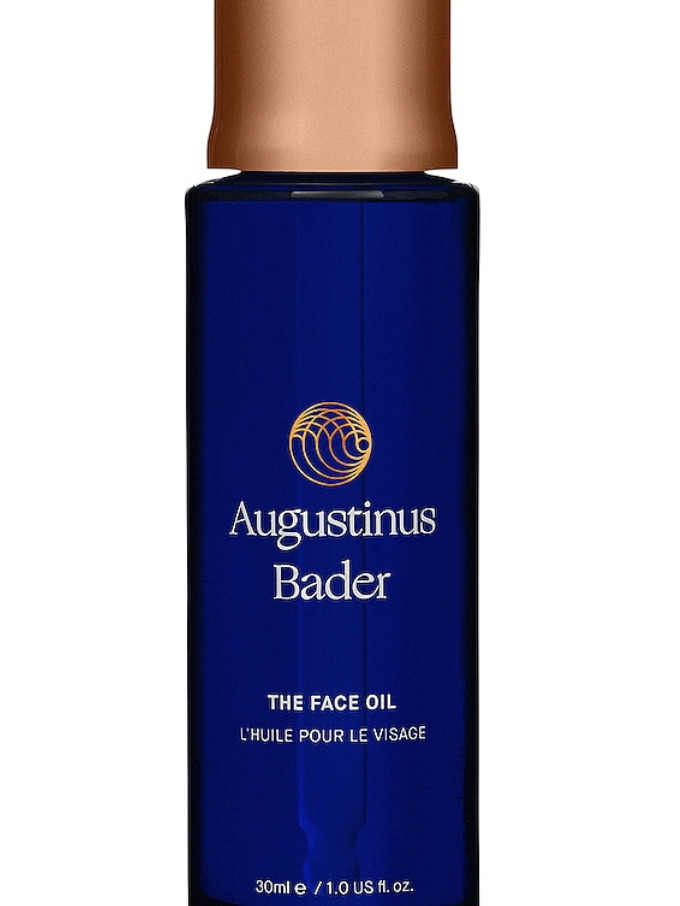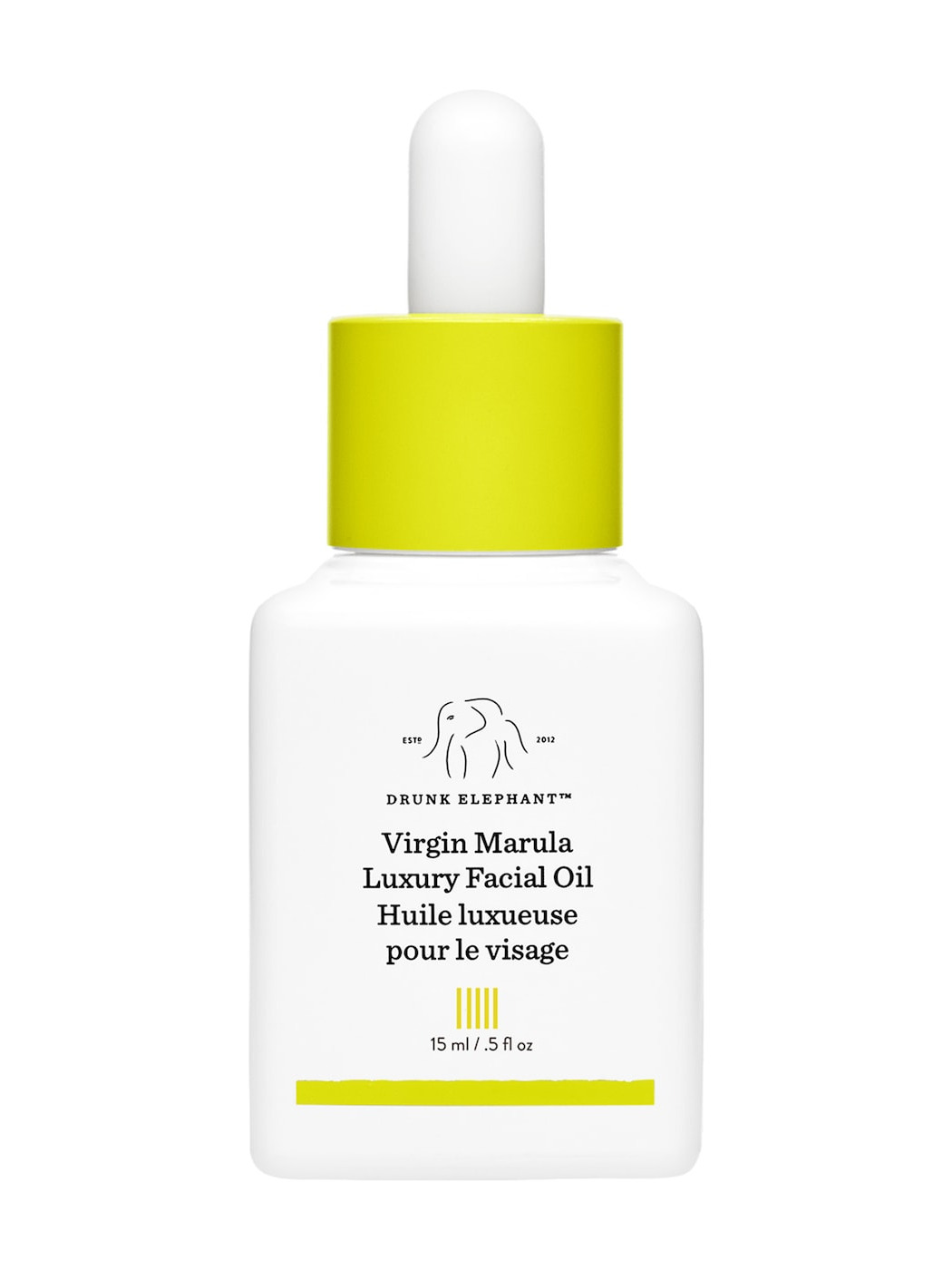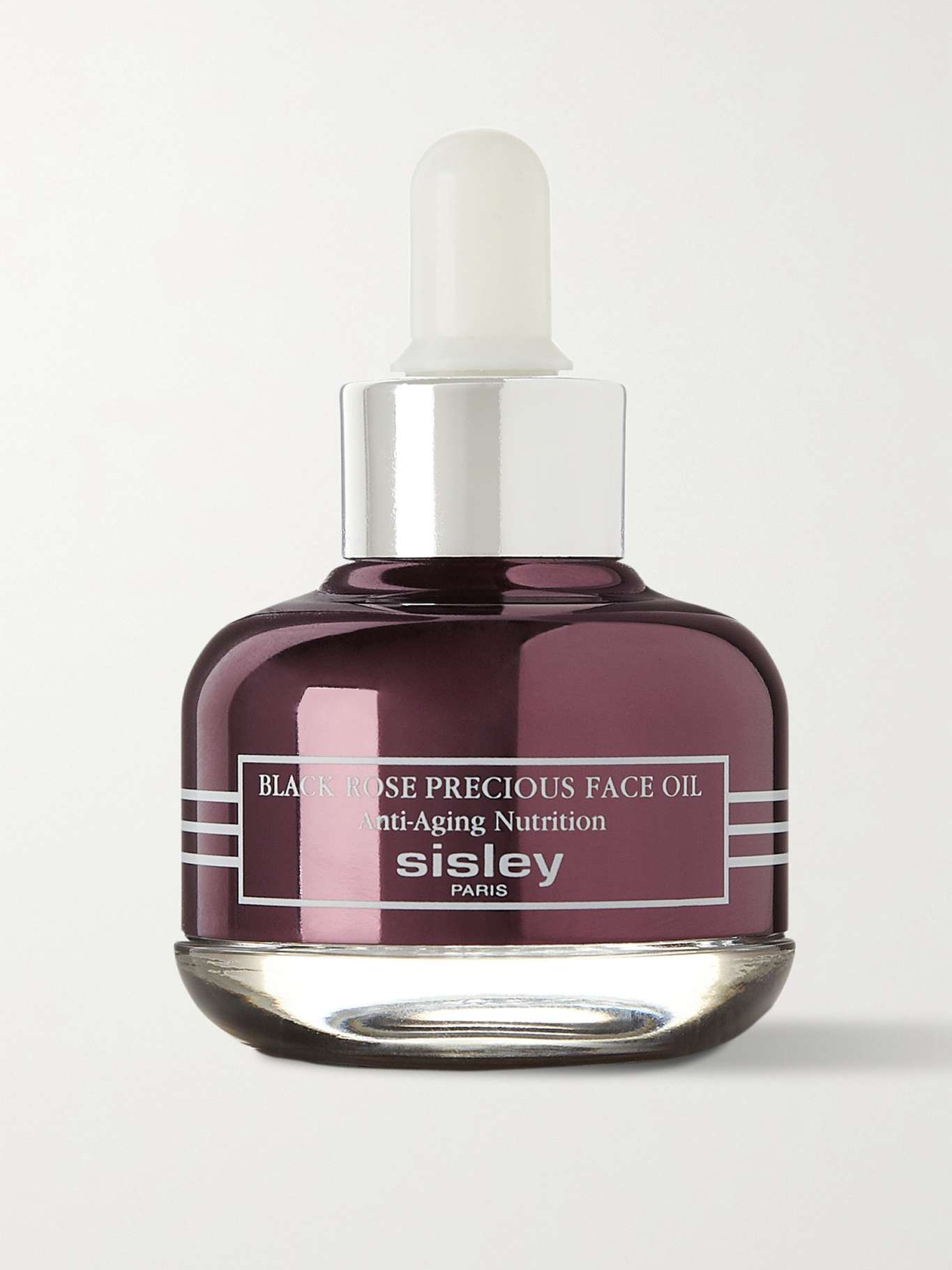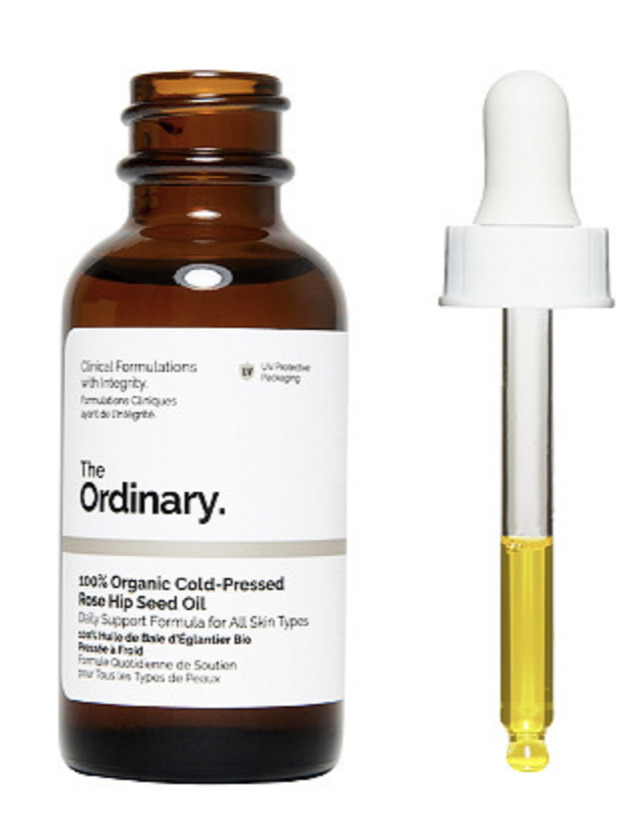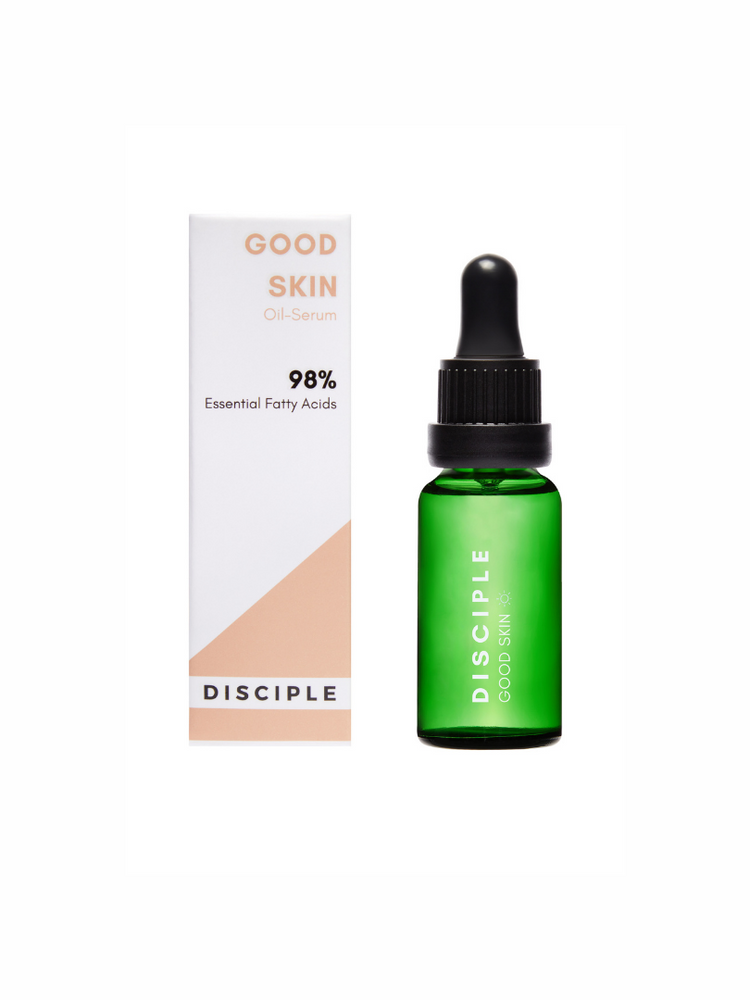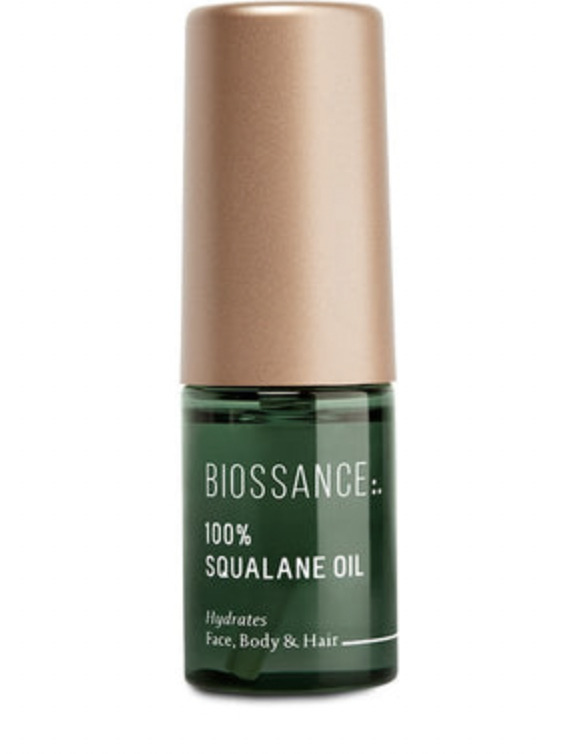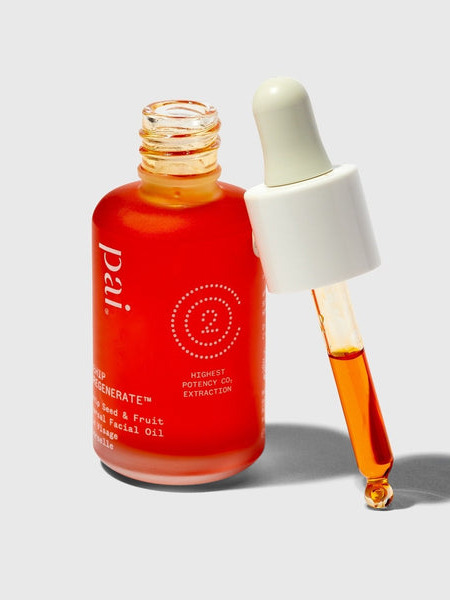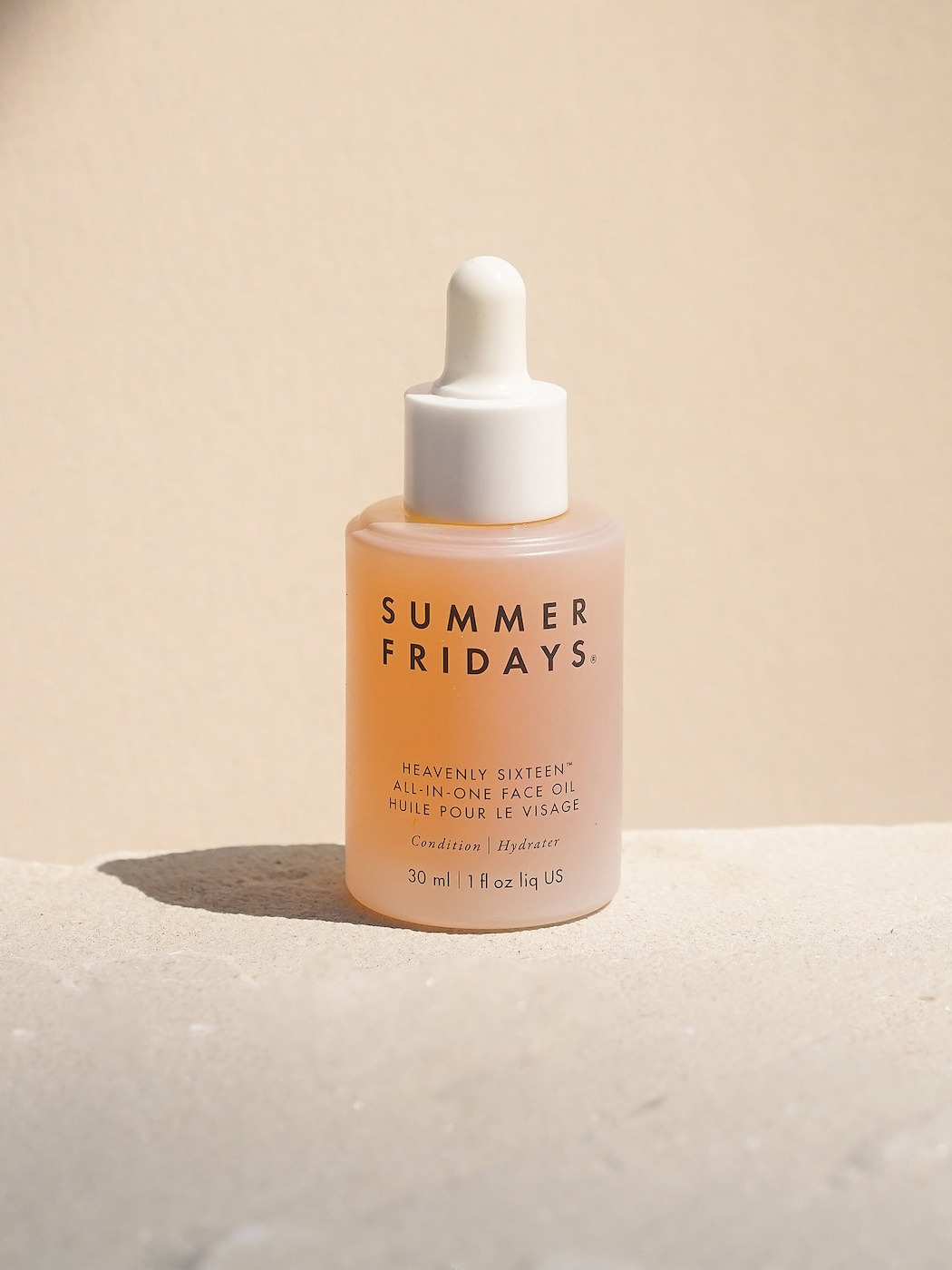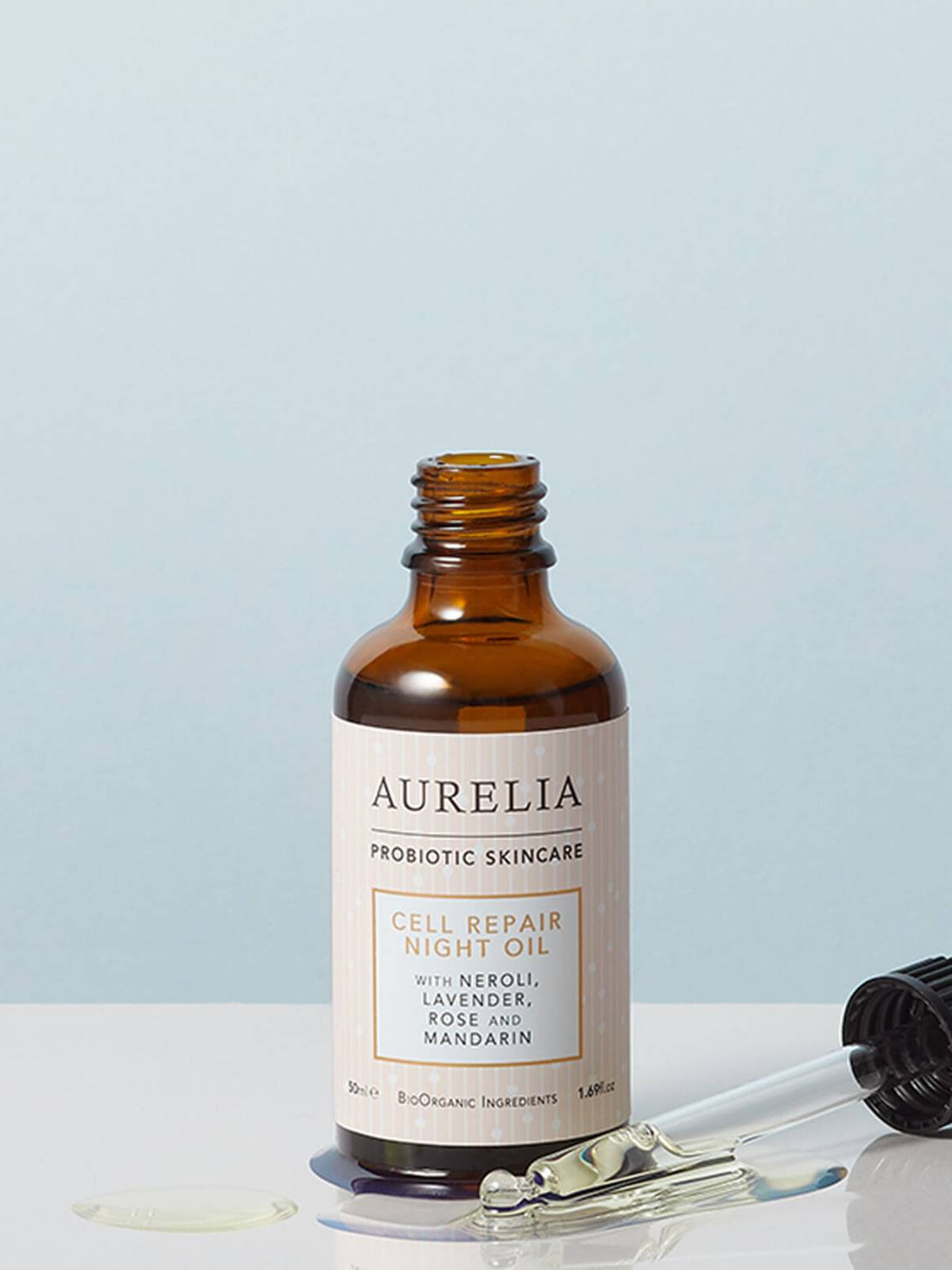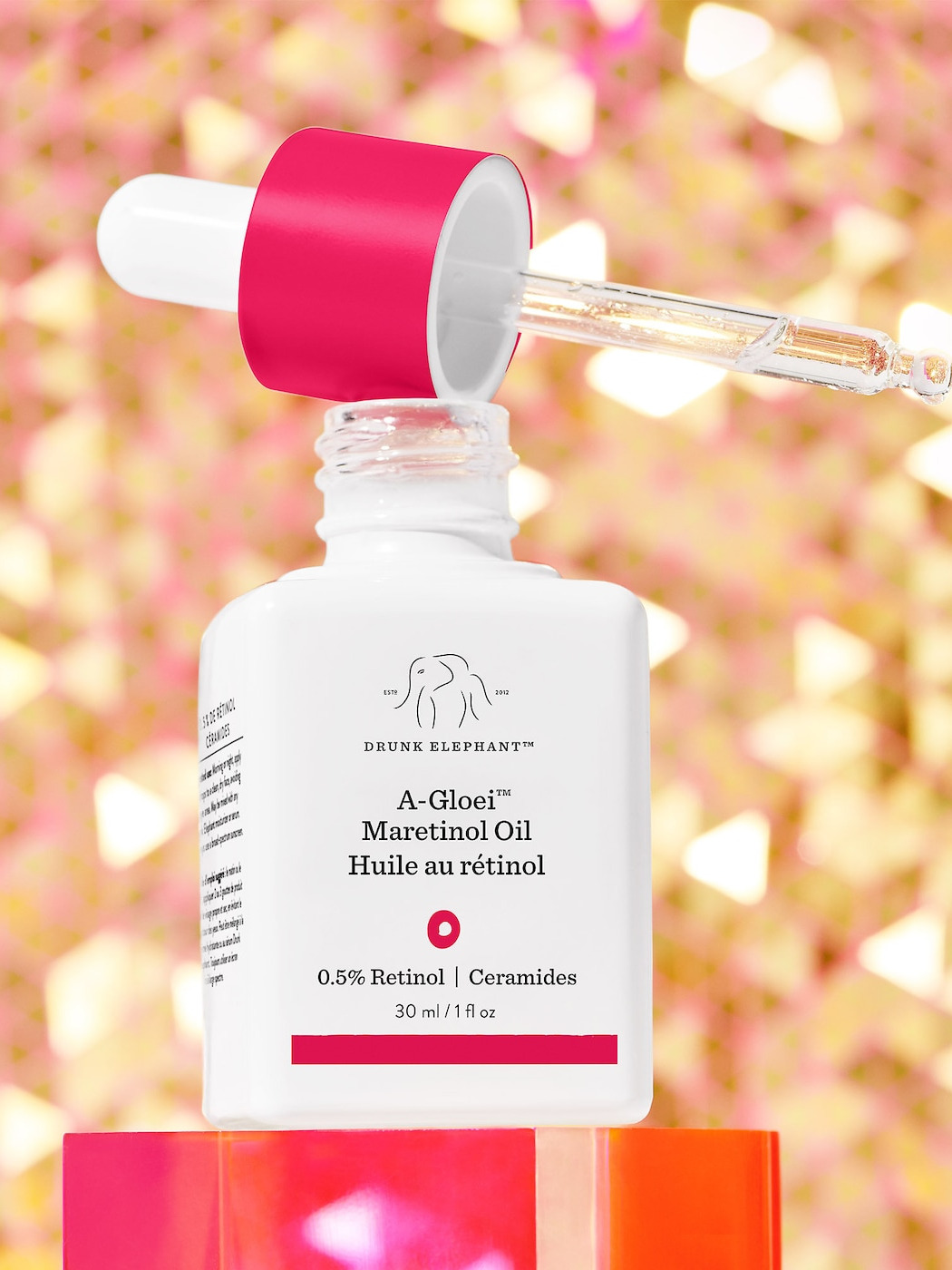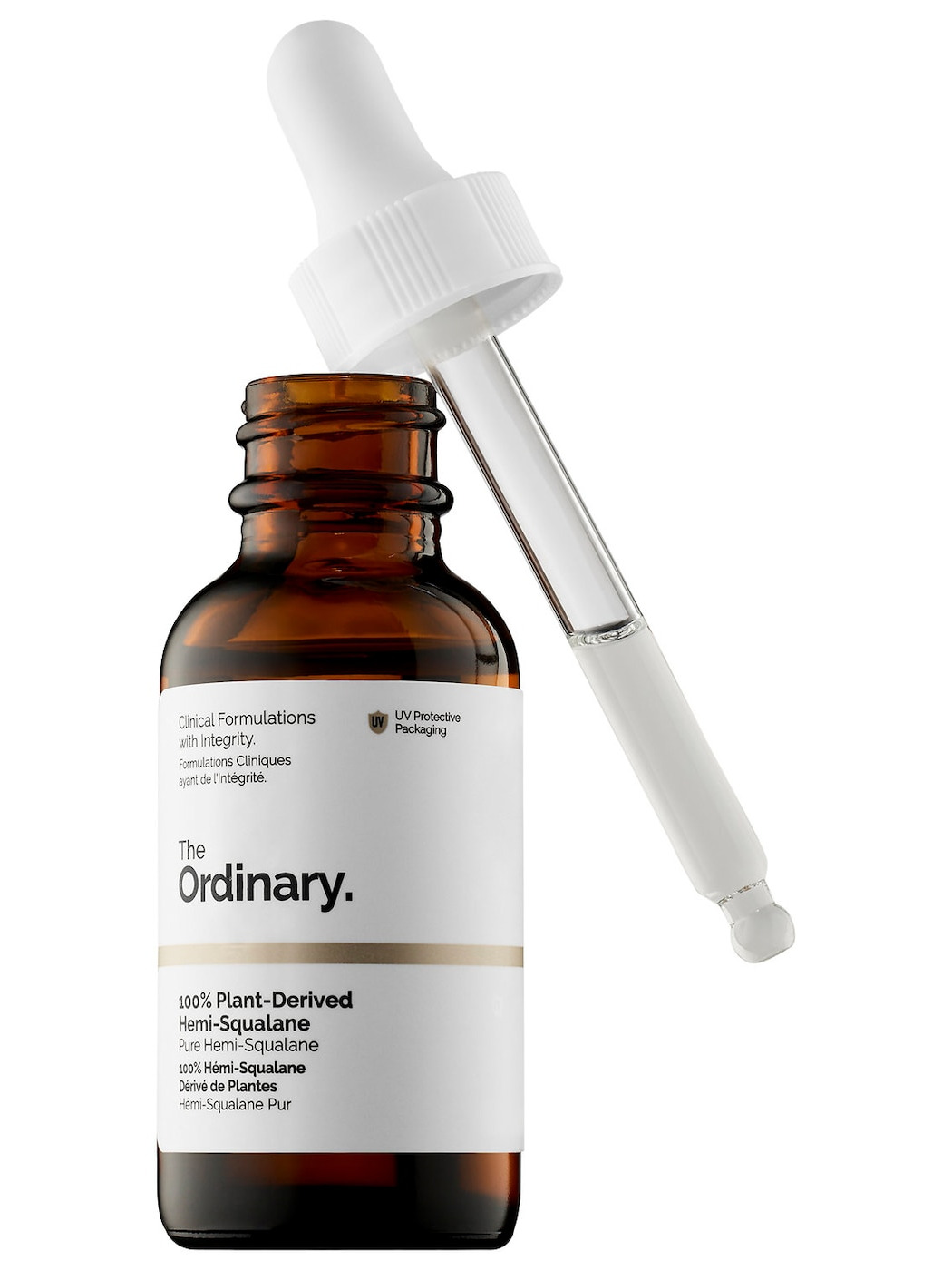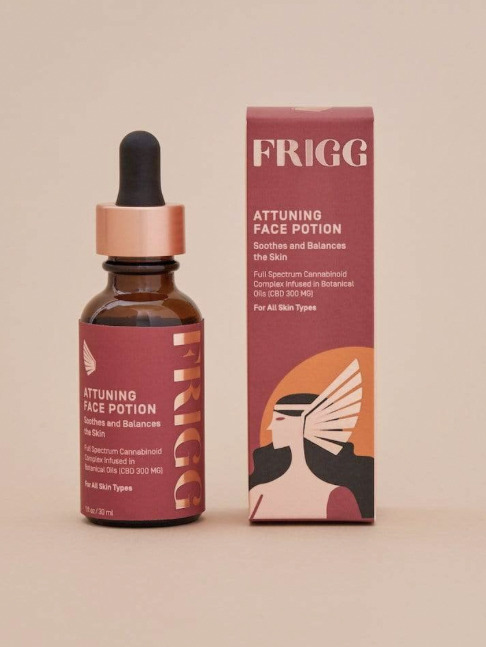Featured Image Source
Almost every day, I’m targeted by ads for a new, niche, must-have beauty product.
To be honest, it’s overwhelming! There are so many “holy grail” skin treatments and makeup, it’s hard to keep up. But I try, and this particular week, I’ve been hit with a ton of face oil ads. What even is face oil? Doesn’t my face make its own oil? Do I need it? What does it do?
If you are as clueless as I was about who should (and who should not) use face oil, let’s discover what it is and the pros and cons of usage.
What Are Facial Oils?
According to Beaut., there are two types of oils: essential, which is a high concentrate of natural plant oils, and carrier – a vegetable oil that is used to dilute essential oil. When combined, they work in tandem to penetrate the goodness deep into the skin.
“When choosing a facial oil, especially if you are nervous about clogged pores and potential breakouts, make sure to carefully select one with the right ingredients for you. Your skin wants plant-based oils like jojoba, argan, tea tree, evening primrose, and almond (especially good for oily skin types), not synthetic oils, like mineral oil,” recommends Beaut.
“A facial oil mistake some people make that puts them off oil is applying it in the wrong order, and it gets even more confusing when experts suggest different steps. Some people use oil before moisturizer, so it penetrates directly into your skin; moisturizer is, then, the second layer of hydration. But some use it after moisturizing so that the oil locks in the creams and serum underneath.”
Because oil-prone skin produces more oil on its own, applying facial oil to dry skin first will allow it to absorb better. If your skin is drier, you may want to use other hydrating products before using facial oil, which locks it all in.
Some prefer using facial oil at night instead of a moisturizer, and how you apply it is key. Don’t slather it on and rub it in – it will not absorb as well. Warm up the oil in your hands by rubbing them together and then, lightly dab it onto your face.
Benefits of Using a Facial Oil
Here are the 5 benefits of using a facial oil, according to 100% Pure:
Helps keep skin balanced – even for oily or acne-prone skin
Typically, when you hear the words “oil” and “skin” in the same sentence, it’s a recipe for disaster. It seems counterintuitive to put oil on your face when most of us don’t want to look oily – especially if we already happen to have oily, acne-prone, or combination skin. However odd it may seem, facial oils can actually help to balance excess sebum in oily skin types and can be gentle on sensitive skin.
Seals in moisture and adds extra nourishment – especially for dry skin
While anyone – even those with oily skin – can benefit from facial oil, it can be especially nourishing to dry skin. Whether your dryness can be blamed on plummeting temps or regular dry skin symptoms, facial oil can help boost your moisturizer’s hydrating efforts.
When facial oil is applied before or after your moisturizer, it creates an occlusive layer to seal in hydration. Besides its super water-locking benefits, facial oil can also keep skin better protected against damaging free radicals – which means less wrinkles and dark spots!
Promotes a healthy glow, especially for mature or dull skin
As we age, our skin produces less natural oils; this may exaggerate the look of fine lines. Facial oils can help reduce your wrinkles because they contain essential ingredients like antioxidants that pass through the skin quickly, preventing water loss while keeping skin plump. Antioxidants also boost collagen production and strengthen skin elasticity – another anti-aging perk! Your skin may also look dull if your body is dehydrated or if you haven’t had enough sleep. No matter the cause of dull skin, facial oil can help restore moisture and encourage glowing skin.
Helps foundation apply more smoothly
The silky, luxurious feel of facial oil makes it a marvelous skin care product to apply before your foundation. If your skin is dry, flaky or has blemishes, it can be difficult to apply makeup with a seamless finish. Facial oil helps your makeup brushes glide across the skin for a seamless application, making it less likely to clump or streak. For a flawless finish, try Argan Oil: rich in vitamin E, phenols, carotenes, squalene, and essential fatty acids.
Helps to make your nighttime products more effective
When facial oils are applied as the last step of your evening skin care routine, they can act as a barrier on the outer layer of the skin. Applying natural oils to skin before bed allows ample time for your skin to soak them up overnight and provide protection throughout the day.
What Do Facial Oils Do?
The idea is that applying a facial oil helps supplement the natural oils your skin is – or isn’t – making. It adds hydration to your skin and seals the barrier that locks the moisture in. Some have added benefits like antioxidants or anti-inflammatory properties, but the takeaway from facial oil enthusiasts is the moisturizing factor.
Talk To Your Dermatologist
Not all oils are the same, so it’s important to research what you’ll be using and consult a dermatologist who can advise you about what’s best for your skin type.
We put together a list of the best face oils for different skin types below!
-
Best Oil For All Skin Types: Augustinus Bader The Face Oil & Drunk Elephant Virgin Marula Luxury Face Oil
-
Best Oil For Dry Skin: Sisley Black Rose Precious Face Oil & The Ordinary 100% Organic Cold Pressed Rose Hip Seed Oil
-
Best Oil For Oily Skin: Disciple Good Skin Face Oil & Biossance 100% Squalane Oil
-
Best For Sensitive Skin: Pai Rosehip Bioregenerate & Summer Fridays Heavenly Sixteen All-In-One Face Oil
-
Best For Mature Skin: Aurelia London Cell Repair Night Oil & Drunk Elephant A-Gloei™ Retinol Oil
-
Best for Combination Skin: The Ordinary 100% Plant-Derived Squalane & Frigg Attuning Face Potion
Best Oil For All Skin Types
Best Oil For Dry Skin
Best Oil For Oily Skin
Best For Sensitive Skin
Best For Mature Skin
Best for Combination Skin

Do you use face oil in your skincare routine? Which one is best for your skin? Tell us in the comments!
For The Latest In All Things Beauty, Check Out These Articles:

